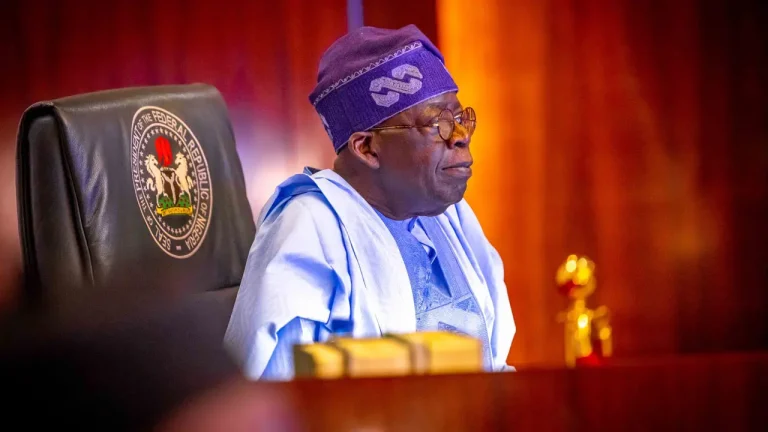In an open letter to President Bola Tinubu, political analyst Prof. Leonard Karshima Shilgba has rejected the proposal for a state of emergency in Benue State, arguing that while implementing emergency rule without first exploring constitutional and democratic options may provide a short-term solution, it could also undermine public confidence in the nation’s institutions.
In light of the current wave of attacks and killings in Benue villages by alleged herdsmen, Prof. Shilgba made the plea in a statement on Tuesday.
The Don said in the open letter, “A Constitutional and Moral Rebuttal to the Call for Emergency Rule in Benue State,” that state governors’ hands are bound by specific constitutional shackles when faced with insecurity and urged the president to make clear the governor’s security responsibilities.
He claimed that federal security agents occasionally disobey or disregard state laws, adding that federal override has rendered the governor’s authority to give directives to the Commissioner of Police ineffectual.
Prof. Shilga advised President Tinubu to “amend Section 215(4) of the constitution to remove the override by the president or minister or to define specific scenarios where federal override is justified” in order to address the security situation in Benue. Give governors complete authority over security inside state borders until they are overruled in a declared emergency. This is the operational definition of a “Chief Security Officer.”
“By amending Sections 214–216 and the second schedule, the National Assembly should establish a dual policing system (federal and state police), retain the federal police for interstate crimes and national threats, and ensure ways for the federal and state police to coordinate.”
“Establish State Security Trust Funds: Permit states to create secure funds to support their police forces, subject to National Assembly guidelines for accountability.”
The governor of Benue State, in particular, may look for a legislative basis for impromptu security measures like “Anyam Nyor.” With federal approval, they can establish civil-military liaison offices, including state-level liaison frameworks for better interacting with the military and police, establish inter-state security compacts under Sections 5 and 8 of the Constitution, and work with other states for zonal security.
While advocating for federal recognition, state legislatures have the authority to formalize local vigilante groups and create and manage community or regional security corps under explicit legislation, as was done in Amotekun in the Southwest and Ebubeagu in the Southeast. This is subject to national change.
Prof. Shilga also requested that President Tinubu improve cooperation between federal and state security agencies in order to improve operational effectiveness and intelligence sharing.
He demanded that more funds and assistance be given to neighborhood security groups in order to strengthen community policing initiatives.





